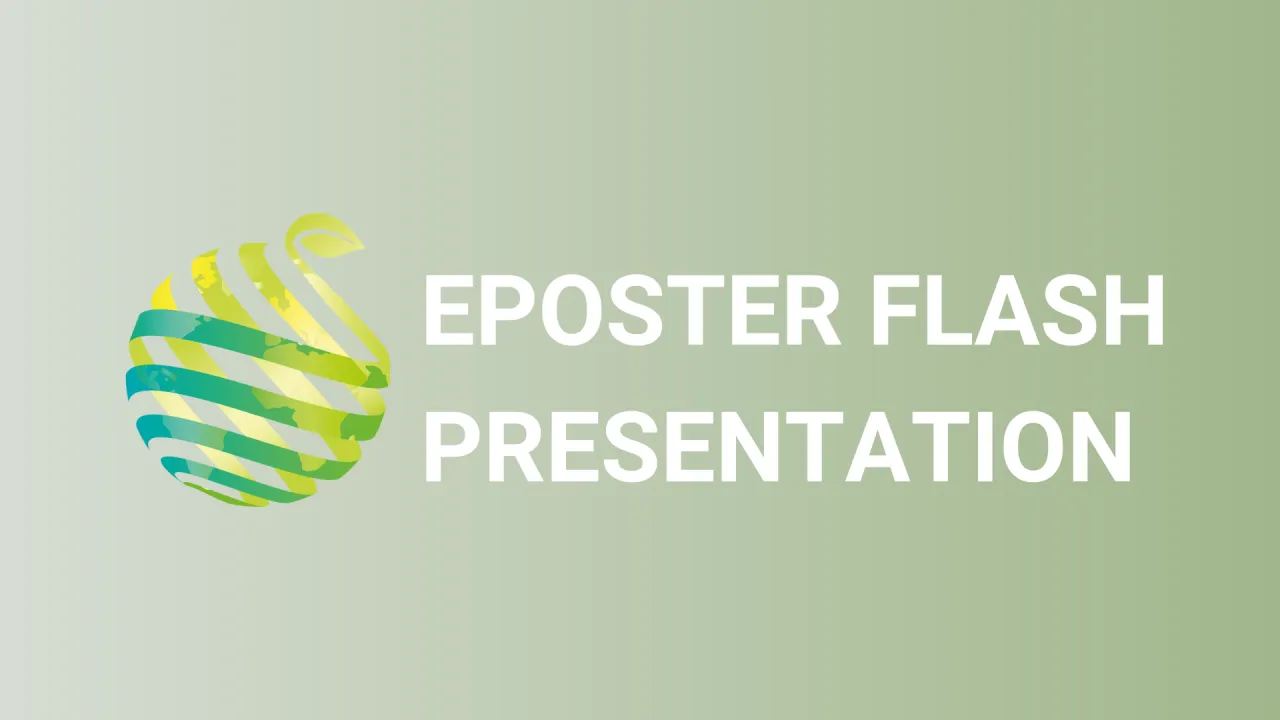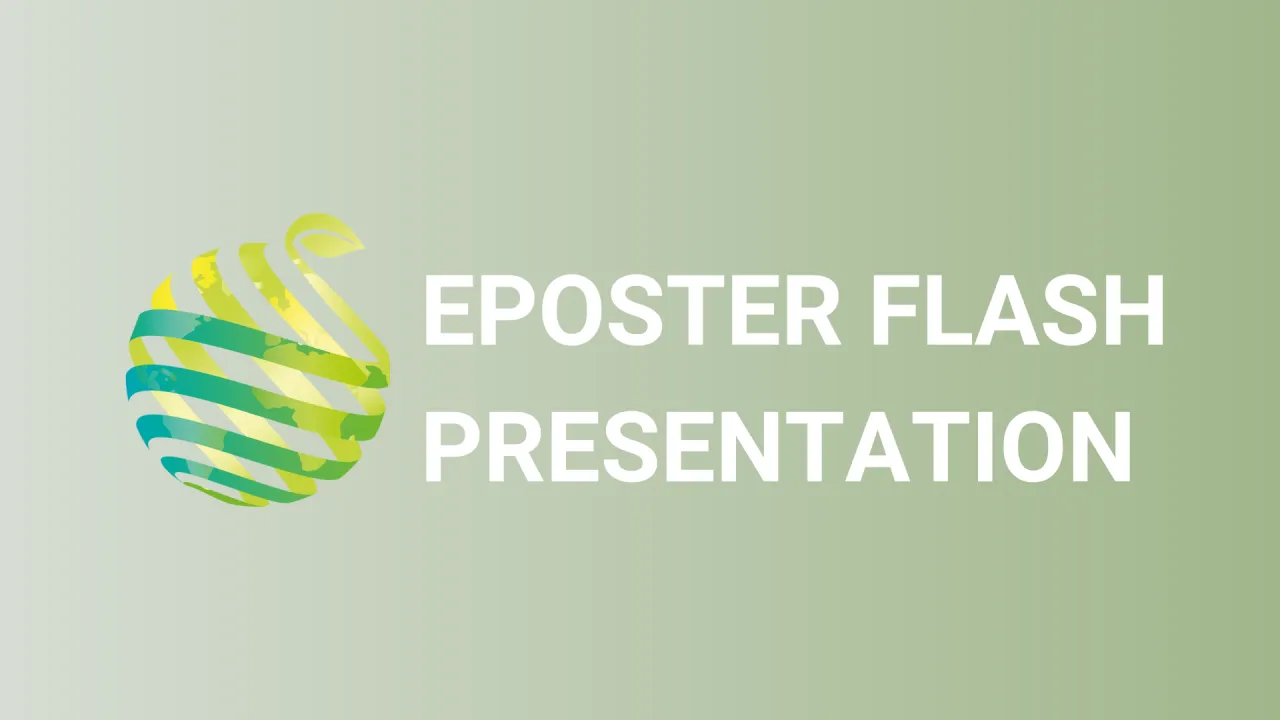

S11 - Session P5 - Physiological responses to abiotic stress - Response of three Greek olive varieties to heat stress during flowering
Information
Authors: Marina Darioti, Ioanna Manolikaki, Georgios Koubouris
One of the most critical processes in the reproductive phase of the olive tree is flowering. Air temperature has been reported to influence olive flowering in both quantity and quality and eventually final oil yield. Previous studies have demonstrated the detrimental effect of excessive temperatures of around 30 °Cn35 °C for olive reproductive success, especially when olive flower buds are developing. In addition, a negative influence on olive pollen tube growth has been observed when the air temperature is above 25 °C. Olive cultivars 'Lefkolia Serron', 'Koroneiki' and 'Mastoidis' were employed to assess the effect of temperature (30 °C), at inflorescence emergence and first flower opening stage, on quantitative and qualitative flowering parameters such as olive pollen germination and tube growth concerning genotype. Results showed that only the total number of inflorescences and the number of flowers per inflorescence at flower opening were affected by genotype. The highest number of inflorescences and number of flowers per inflorescence were observed for 'Koroneiki' and 'Mastoidis', respectively. Contrary to quantitative flowering parameters, all the qualitative flowering and quantitative fruiting parameters were influenced by cultivar. Pollen tube length was influenced by the higher temperature, as well. 'Mastoidis' had the highest germination rate and pollen tube length. In conclusion, this study emphasizes the need to conduct experimental studies on the flowering period to improve knowledge for selecting genotypes adapted to high temperatures. Funding: This research has been partially financed by i) Greek national funds through the Action "Establishment of a National Research Network in the Olive Value Chain", code 2018ΣΕ01300000 of GSRT, ii) the General Secretariat for Research and Innovation of the Ministry of Development and Investments under the PRIMA Programme for the project Freeclimb (PRIMA is an Art.185 initiative supported and co-funded under Horizon 2020, the European Union's Programme for Research and Innovation) and iii) the European Union's Horizon 2020 research and innovation programme under grant agreement No. 101000427 for the project Gen4Olive.